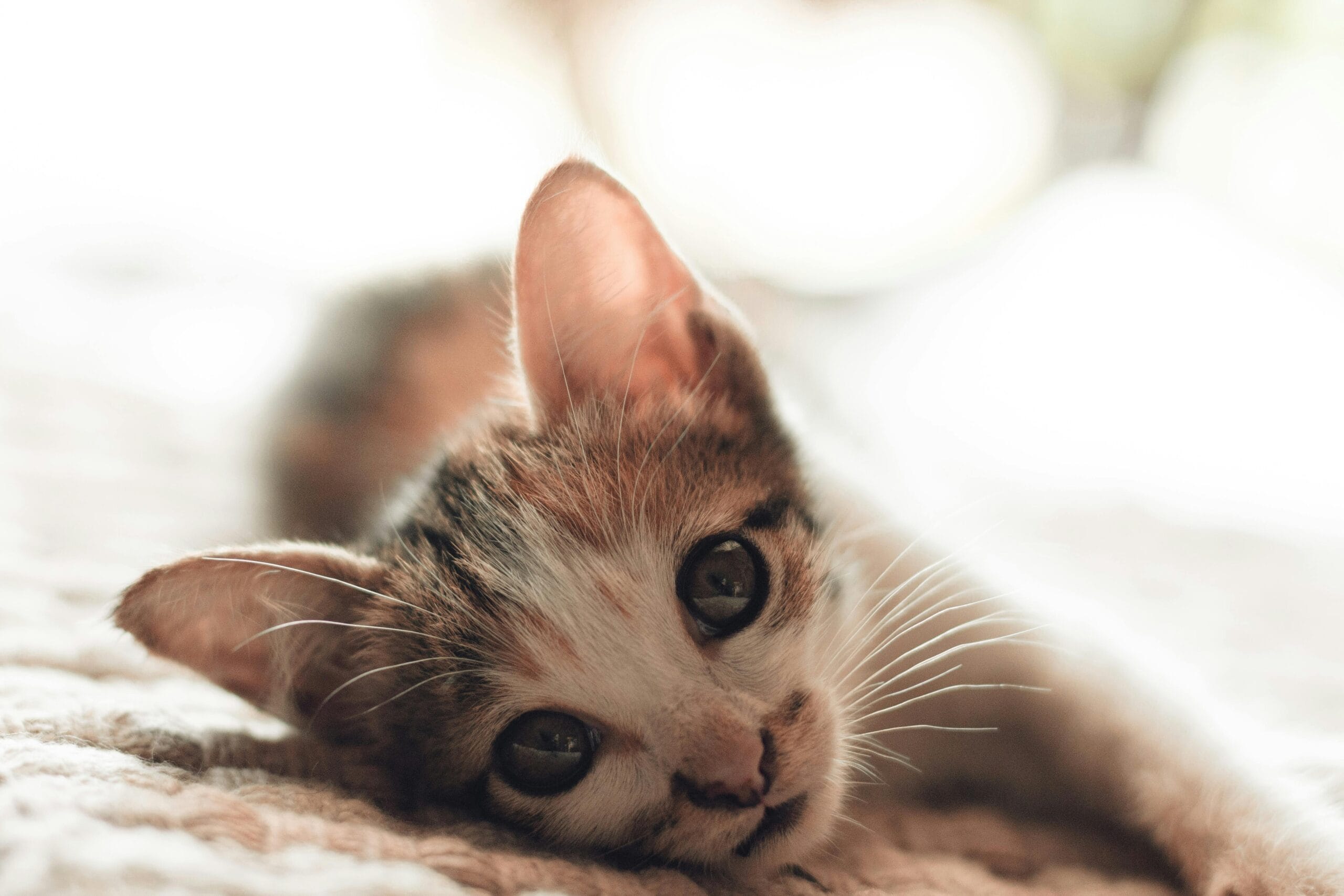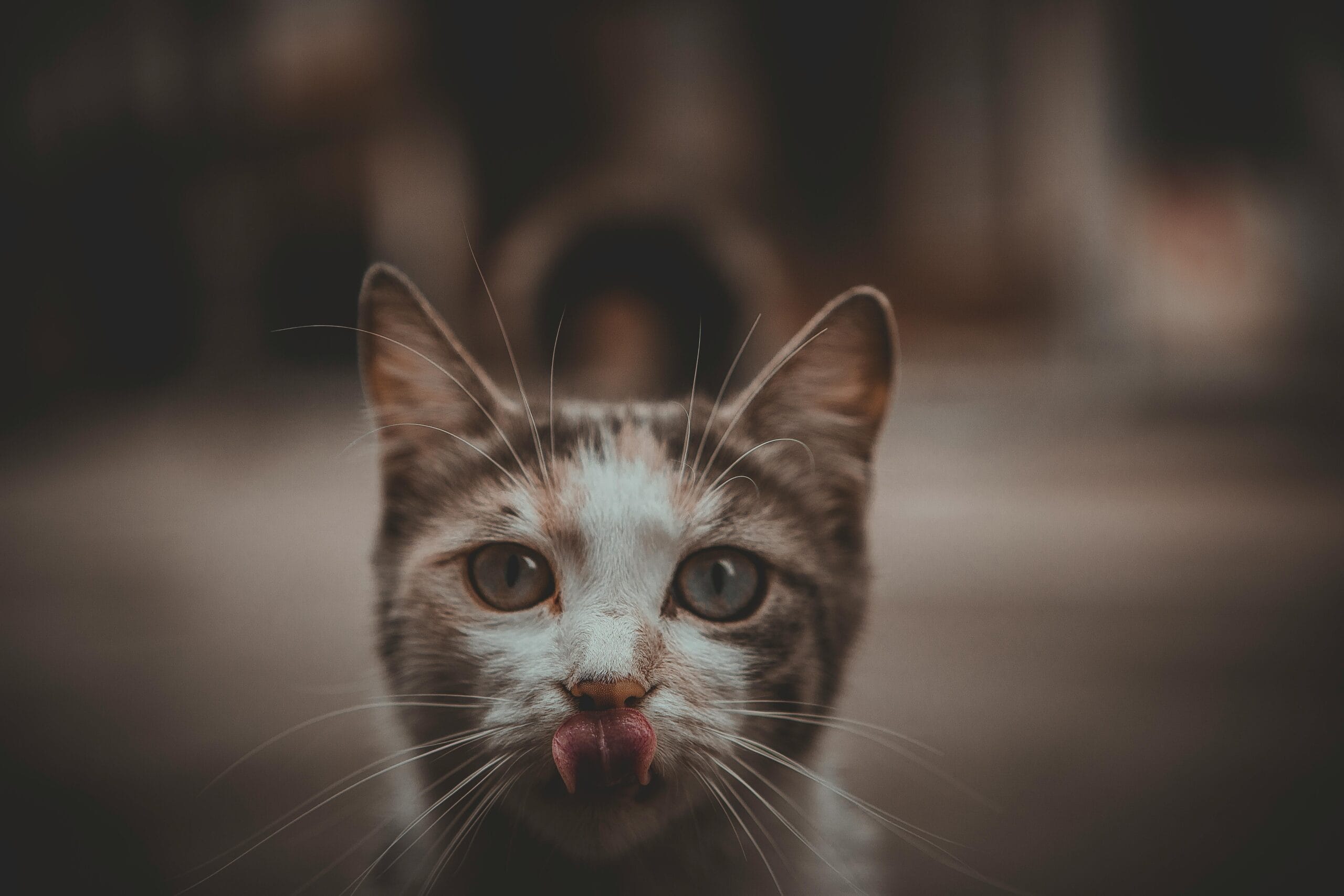Can Cats Eat Almonds? Are almonds safe for cats? Uncover the truth about almond toxicity in cats. Find out the potential risks and learn how to keep your feline friend safe! Discover the answers now!
Can Cats Eat Almonds? A Comprehensive Guide to Almond Toxicity in Cats
The question, “Can cats eat almonds?” is a crucial one for any cat owner. The simple answer is no, almonds are not safe for cats and should be kept well out of their reach. This article delves deep into the reasons behind this, exploring almond toxicity in cats and the potential consequences of feline almond consumption. We’ll also address related questions about similar nuts and other human foods to ensure your feline friend stays safe and healthy.
Are Almonds Safe for Cats? Understanding the Dangers
Are almonds safe for cats? The resounding answer is a firm no. Almonds contain several components that are toxic to cats. These include:
- Cyanogenic glycosides: These compounds release cyanide when ingested, a potent toxin that can interfere with cellular respiration, leading to serious health problems and even death.
- High fat content: Almonds are high in fat, which can cause pancreatitis in cats, a painful and potentially life-threatening inflammation of the pancreas. This is especially risky for cats prone to digestive issues.
- Potential for choking hazards: Whole almonds, especially for smaller cats, pose a choking hazard. Even if swallowed, they can cause digestive blockage.
While a small amount of almond might not immediately cause visible symptoms, it’s crucial to remember that even seemingly harmless amounts can accumulate toxins in your cat’s system over time, leading to chronic health problems. This is why it’s best to completely avoid any almond consumption by your cat.
Almond Toxicity in Cats: Symptoms and Treatment
The symptoms of almond toxicity in cats can vary depending on the amount ingested and your cat’s individual sensitivity. However, some common signs to watch out for include:
- Vomiting
- Diarrhea
- Lethargy
- Loss of appetite
- Weakness
- Difficulty breathing
- Tremors
- Seizures (in severe cases)
If you suspect your cat has ingested almonds, immediate veterinary attention is crucial. The sooner treatment is administered, the better the chances of a positive outcome. Treatment may involve inducing vomiting, administering activated charcoal to absorb toxins, or providing supportive care to manage symptoms.
Can Cats Have Almond Milk? A Safer Alternative?
While almonds themselves are dangerous, many cat owners wonder about can cats have almond milk? The answer is still largely no, or at least, proceed with extreme caution. Many commercially available almond milks contain added sugars, thickeners, and other ingredients that aren’t suitable for feline digestion. Even unsweetened varieties might contain small amounts of almond residue, posing a risk.
If you’re considering alternative milk options for your cat, consider consulting your veterinarian. They can advise you on safe alternatives that provide essential nutrients without the risks associated with almond milk or other potentially harmful products. For example, you might find that your cat enjoys alternatives like certain types of fish, such as sardines which are a great source of omega-3 fatty acids, as noted in our article on can cats eat sardines?
Other Foods to Avoid: Preventing Further Risks
Just as almonds are off-limits, several other human foods present similar risks to cats. For example, grapes and raisins are known to be toxic, as are cherries (can cats have cherries?). Similarly, lettuce, while not as toxic as others on this list, can lead to digestive upset. Learn more about this in our guide on can cats have lettuce?
It’s always best to err on the side of caution and stick to cat-specific foods and treats. Your veterinarian can help create a balanced diet tailored to your cat’s needs and age.
Understanding Cat Nutrition: A Holistic Approach
Maintaining a healthy diet is paramount for a cat’s overall well-being. Ensuring your cat only consumes foods that are safe and beneficial is a vital aspect of responsible pet ownership. Providing a balanced diet with adequate protein, vitamins, and minerals is crucial. If you are unsure about any human food your cat might be tempted to try, always consult with a veterinarian or a certified veterinary nutritionist for professional guidance. You can even find out more about the safety of certain drinks, such as can cats have almond milk?
External Resources: Further Research on Feline Toxicity
For more in-depth information on feline toxicity and safe food choices, you can consult reputable sources such as the ASPCA’s Animal Poison Control Center: ASPCA Animal Poison Control Center and the Pet Poison Helpline: Pet Poison Helpline. These websites offer extensive databases of toxic substances and provide valuable information on preventing and managing pet poisoning incidents.
Conclusion: Prioritizing Your Cat’s Safety
In conclusion, the answer to “Can cats eat almonds?” remains a definitive no. The potential risks associated with almond toxicity in cats are significant, ranging from mild digestive upset to life-threatening conditions. Always keep almonds and other potentially harmful human foods out of your cat’s reach. By understanding the dangers and prioritizing safe feeding practices, you can ensure your feline companion enjoys a long, healthy, and happy life.
Share Your Experiences!
Have you ever had a close call with your cat and human food? Share your experiences and tips for keeping your feline friends safe from potentially harmful foods in the comments below. Let’s build a community dedicated to feline safety and responsible pet ownership! Remember to include relevant keywords like Can Cats Eat Almonds, Are Almonds Safe for Cats, and Almond Toxicity in Cats in your comments!

Frequently Asked Questions: Can Cats Eat Almonds?
- Can cats eat almonds?
- No, cats should not eat almonds. Almonds are toxic to cats and should be kept out of their reach.
- Are almonds safe for cats?
- No, almonds are not safe for cats. They contain compounds that can be harmful to feline digestive systems and can cause various health problems. Are Almonds Safe for Cats? The simple answer is no.
- What happens if my cat eats an almond?
- Depending on the amount consumed, symptoms can range from mild gastrointestinal upset (vomiting, diarrhea) to more serious issues. If your cat eats an almond, monitor them closely and contact your veterinarian immediately.
- What are the symptoms of almond toxicity in cats?
- Symptoms of almond toxicity in cats include vomiting, diarrhea, lethargy, loss of appetite, and abdominal pain. In severe cases, it can lead to more serious complications.
- How much almond is toxic to a cat?
- Even a small amount of almond can be problematic for a cat. The toxicity depends on the size of the cat and the amount of almond consumed. It’s best to avoid any almond consumption altogether.
- Is almond butter toxic to cats?
- Yes, almond butter is also toxic to cats due to the presence of the same harmful compounds as in almonds themselves. Almonds Toxicity in Cats applies to almond butter as well.
- My cat ate a small piece of almond, should I be worried?
- Yes, you should be concerned. Contact your veterinarian immediately, even if your cat seems fine. Early intervention is crucial.
- Are there any other nuts that are safe for cats?
- Generally, no nuts are recommended for cats. While some sources might suggest small amounts of certain nuts, it’s best to avoid all nuts due to potential digestive upset and other health risks.
- Can I give my cat almond-flavored treats?
- No, avoid any treats containing almonds or almond extracts. Always check the ingredients list carefully before giving your cat any human food or treats.
- What should I do if I suspect my cat has ingested almonds?
- Contact your veterinarian or an animal poison control center immediately. Describe the amount of almonds ingested, and the cat’s symptoms. Early treatment is key to minimizing the risk of complications.

Can Cats Eat Almonds? A Vet-Approved Guide
The short answer is: no, cats should not eat almonds. While a tiny nibble might not cause immediate harm, almonds pose several health risks to felines. Almonds contain high levels of fat and oils, which can lead to pancreatitis in cats – a serious and potentially life-threatening inflammation of the pancreas. Furthermore, almonds contain compounds that can be toxic to cats if ingested in larger quantities. Unlike some human foods, cats lack the necessary enzymes to properly digest many components found in almonds. Always prioritize your cat’s safety and stick to cat-friendly treats.
Instead of offering almonds, consider safer alternatives for occasional treats. For example, you might want to check out this article on whether or not cats can have almond milk, a dairy-free alternative that is generally considered safer than the nuts themselves. Remember to always introduce new foods gradually and monitor your cat for any adverse reactions.
Many human foods are toxic to cats, and it’s essential to understand which ones to avoid. For example, you should never give your cat grapes, as detailed in this article: can cats eat grapes? The consequences can be severe. Similarly, be careful with other fruits and vegetables. Learn about the safety of lettuce for your feline friend here: can cats have lettuce?
If your cat accidentally ingests almonds, monitor them closely for signs of digestive upset such as vomiting, diarrhea, or lethargy. If you notice any unusual behavior or symptoms, contact your veterinarian immediately. Early intervention can be crucial in managing any potential complications. Considering other healthy and safe food choices for your cat is also important; for example, you might research can cats eat sardines?
Remember, a balanced diet specifically formulated for cats is essential for their overall health and well-being. Always consult your veterinarian before introducing any new foods into your cat’s diet, including seemingly harmless snacks. This is especially important for cats with pre-existing health conditions.
Just as almonds are dangerous for cats, other seemingly harmless fruits like cherries can also be risky. For more information, see our detailed article about can cats have cherries.
Can Cats Eat Almonds, Are Almonds Safe for Cats, Almonds Toxicity in Cats